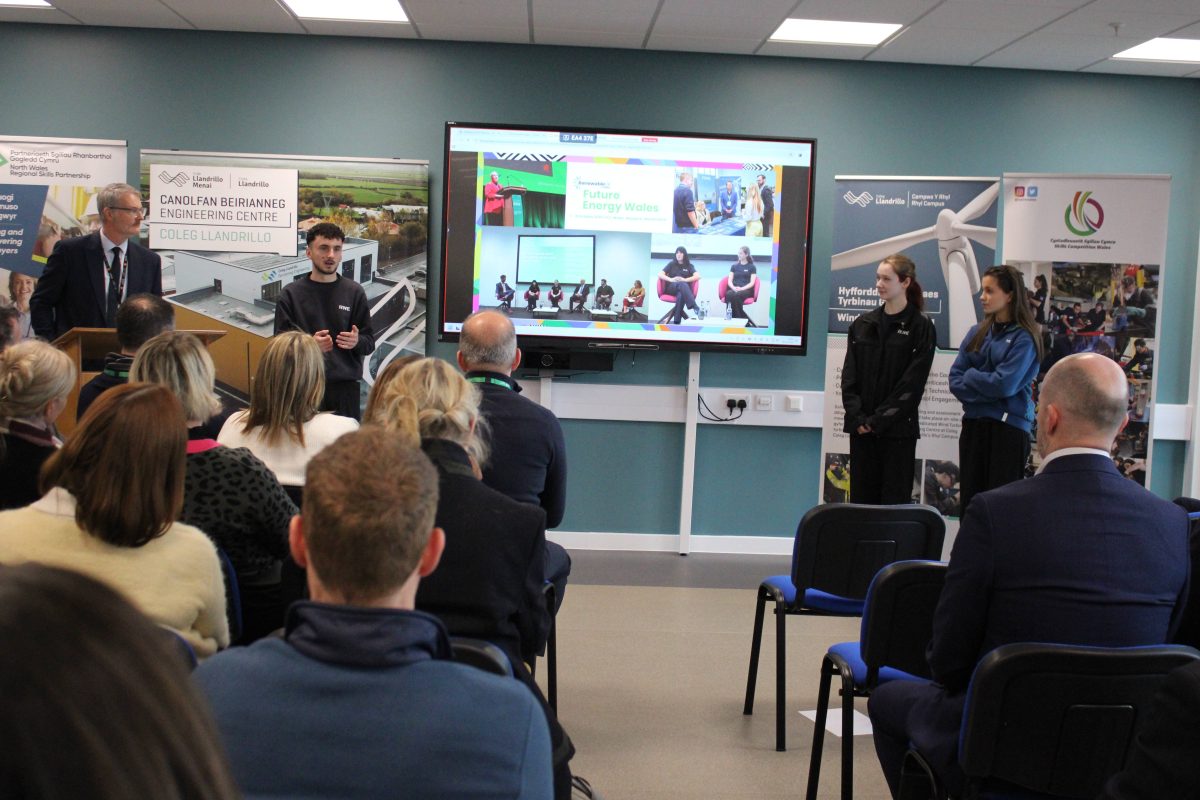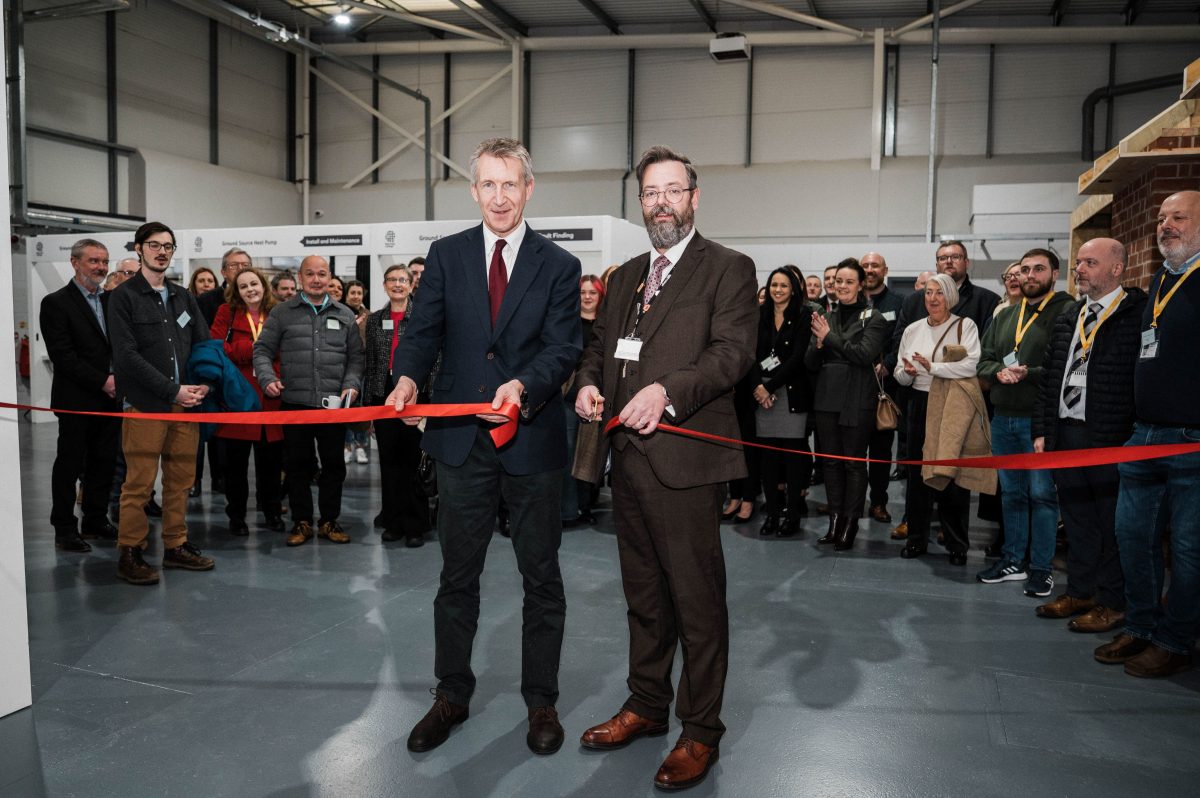CoSector – University of London drives accessibility at the University of Roehampton

Blended and online learning are priorities for supporting the Roehampton’s diverse student population, as it often hosts assistive technology integrations such as JAWS, Zoomtext and Texthelp Read and Write.
Moodle was identified by the Digital Learning department as the most suitable platform for its needs, due to its clear and modern interface, but what was more important to the University was selecting a partner to implement and host the platform flexibly, supporting new integrations, and it was vital for the new vendor to prove it could improve on the static service currently provided.
CoSector – University of London was selected due to its reputation within the HE community for its versatility and its proven experience in providing all the services required.
CoSector – University of London provides a seamless on-boarding and flexible service for the online learning platform Moodle, in order to create an innovative learning experience to support the university’s diverse user base.
A university with commitment to the student experience
The University of Roehampton prides itself on its student experience and engagement, ensuring that its staff and learning environment, both on and off campus, are outstanding. A top priority is also a commitment by the University to all students, that regardless of their background, we can help our students realise their ambitions.
Based in south west London, the University of Roehampton is situated across two major sites. It has over 175 years of history and tradition, but it is still important to the academic institution that its services are modern and easy to use.
In order to maintain this reputation and support these areas, the University has created a strong Digital Learning department to support technology for teaching and learning and which includes dedicated eLearning, specialist IT and media teams. The department strives for innovation within the University and focuses on identifying new technologies to improve the learner’s journey and provide assistance and tools to the teaching community. In most academic institutions, this would fall under the responsibility of the IT Services, but Roehampton has separated the two departments in order to allow the Digital Learning department to specifically focus on bringing in cutting edge educational technologies to support the student experience and teaching.
The need for a solution that supports diversity
The Digital Learning department at the university is dedicated to improving two main areas as part of its ongoing mission. These are to continue to support its diverse user base, and to also improve accessibility for individuals with disabilities or learning difficulties on an ongoing basis.
Blended and online learning are priorities for supporting the University’s diverse student population, as it often hosts assistive technology integrations such as JAWS, Zoomtext and Texthelp Read and Write. Course slides can be uploaded for students who need to take more time to review them outside of lectures, and most virtual learning environments (VLEs) now provide a way of navigating around the course without a mouse and ensure the links and additional files can also be navigated by using keystrokes only. Therefore, it is vital that constant improvements and updates can be applied to drive the flexibility of the platform to assist in all of these areas, as well as ensuring online learning tools are up to date and easy to use.
Three years ago, the Digital Learning department decided it was time to enhance one of its key online learning tools, its VLE, as its eLearning team found it to be too static and wanted to engage students and teachers further in the use of online technologies as part of the learning experience. The existing solution provided challenges to the eLearning team for any development work or new integrations. As a result, they were looking for a versatile solution, that would allow the integration of new products and upgrades easily, and for the VLE to be hosted by a vendor which provided comprehensive support with any of these amendments or developments to the platform.
Reliability was also an important factor for the eLearning team, ensuring that downtime was minimal, and that the host was readily available if any issues should arise.
In order to select a new partner, the University of Roehampton went out to tender. Moodle was identified by the Digital Learning department as the most suitable platform for its needs, due to its clear and modern interface, but what was more important to the University was selecting a partner to implement and host the platform flexibly, supporting new integrations, and it was vital for the new vendor to prove it could improve on the static service currently provided. CoSector – University of London was selected due to its reputation within the HE community for its versatility and its proven experience in providing all the services required.
On-boarding the platform
The initial implementation process was treated as a separate project to the ongoing CoSector – University of London service which would take place once completed.
This meant that the implementation was assigned its own setup account manager, who documented the process ahead of the implementation and took the team through a timeline to provide clear outcomes.
Initial discussions lasted for three months, these were to clarify exactly what the university needed and for CoSector – University of London to fully plan the implementation.
Once these details were confirmed the transition itself lasted a month, and took place at the end of the academic year to ensure there was no disruption to users.
Xavier Briche, head of Digital Learning at the University of Roehampton said of the on-boarding process: “The transition was very smooth. On-boarding as we rolled over into the new academic year was better than preferential and despite all the risks of changing host we found that there were no issues and it was business as usual.”
On-going service
The University of Roehampton currently works with the CoSector – University of London ‘Bloom’ team, which includes the hosting and technical support of the Moodle VLE platform.
CoSector’s Bloom team is always on-hand to give advice on new integrations and any ideas for developments to the platform, and they can work with the University to create this. For example, the Bloom team has recently been working on a texting plug-in for Roehampton as an add-on to the Moodle platform, which will send a text out to students when their assessment feedback is available on the VLE, improving the capability the University already provides and engaging its students further in their learning.
The Bloom team also provide support for any issues that arise, whether these are small technical issues, or larger concerns such as the recent GDPR law which came into effect. There have been discussions between both teams about GDPR, and the steps CoSector – University of London has taken to ensure the online learning services comply with it.
Xavier says: “There has been great communication and reassurance. When we were looking for deep expertise, it was useful to be able to turn to the team at CoSector – University of London. They clearly have the knowledge to answer quite complex queries relevant to our context.”
CoSector – University of London also ensure that Roehampton’s Moodle platform is constantly up to date, and that each summer at the end of the academic year, the platform is rolled over to the latest version. At the end of the academic year CoSector – University of London ensures that the old version becomes an archive, and all materials from the past two years remain accessible to students as well, so if a student is in their third year they will still be able to access material from their first year.
Clear results for students
The strategy and direction of the University is underpinned by the National Student Survey (NSS) and its results. This survey is the main indicator of the areas where the university needs to improve the quality of teaching, and the Digital Learning department follow the results closely to see how the services it has outsourced perform.
The results also correlate with the University’s own internal module evaluation surveys (MES) which they ask students to participate in twice a year. Whilst the NSS results do not measure the success of VLE within universities, the MES does, and the results of the MES often reflect those of NSS.
The results in the MES has improved in the last four years for the VLE. With the question ‘was your module in the VLE satisfactory’, the score has improved systematically in recent years.
Xavier continues: “I think the Moodle platform and the service provided by CoSector – University of London has clearly been a contributor to improving student satisfaction. Students see the VLE as reliable now as it doesn’t go down, they can access 24/7 from any location, the design itself is easier to use and the range of tools that are available is increasing.”
Dave Kenworthy, director of digital services at CoSector – University of London says of the partnership: “It’s great for the Bloom team at CoSector – University of London to work with such a forward-thinking institution, who work so closely with us to provide fantastic developments to the platforms in order to support its students. We look forward to working on more projects with them in the future.”
Conclusion
The University of Roehampton has just reviewed and renewed its contract with CoSector – University of London, a process they worked closely on with their account manager, who was on hand to discuss any alterations they wished to make.
Xavier concludes: “we are pleased with the Moodle platform and the ongoing CoSector hosting service. We’ve felt constantly reassured by them. When you change host, you are taking a big risk. Although you’re hoping there will be some improvement going forward with your new vendor you just never know. With CoSector we were thrilled. In terms of account management, and the business side of it, it’s proven to be worth the switch.”











Responses